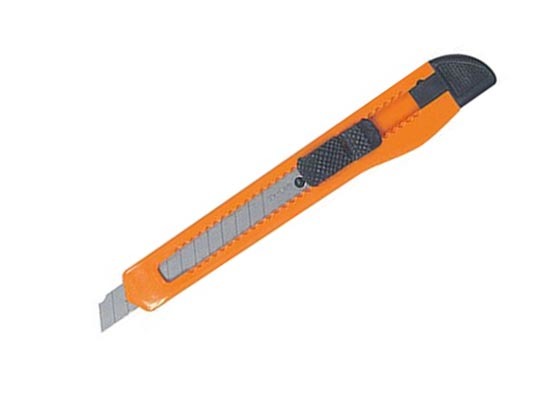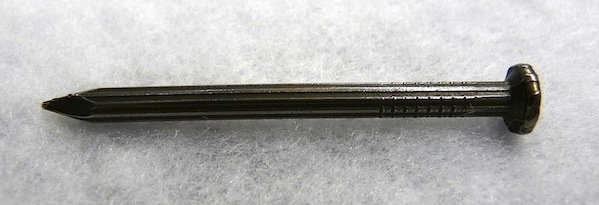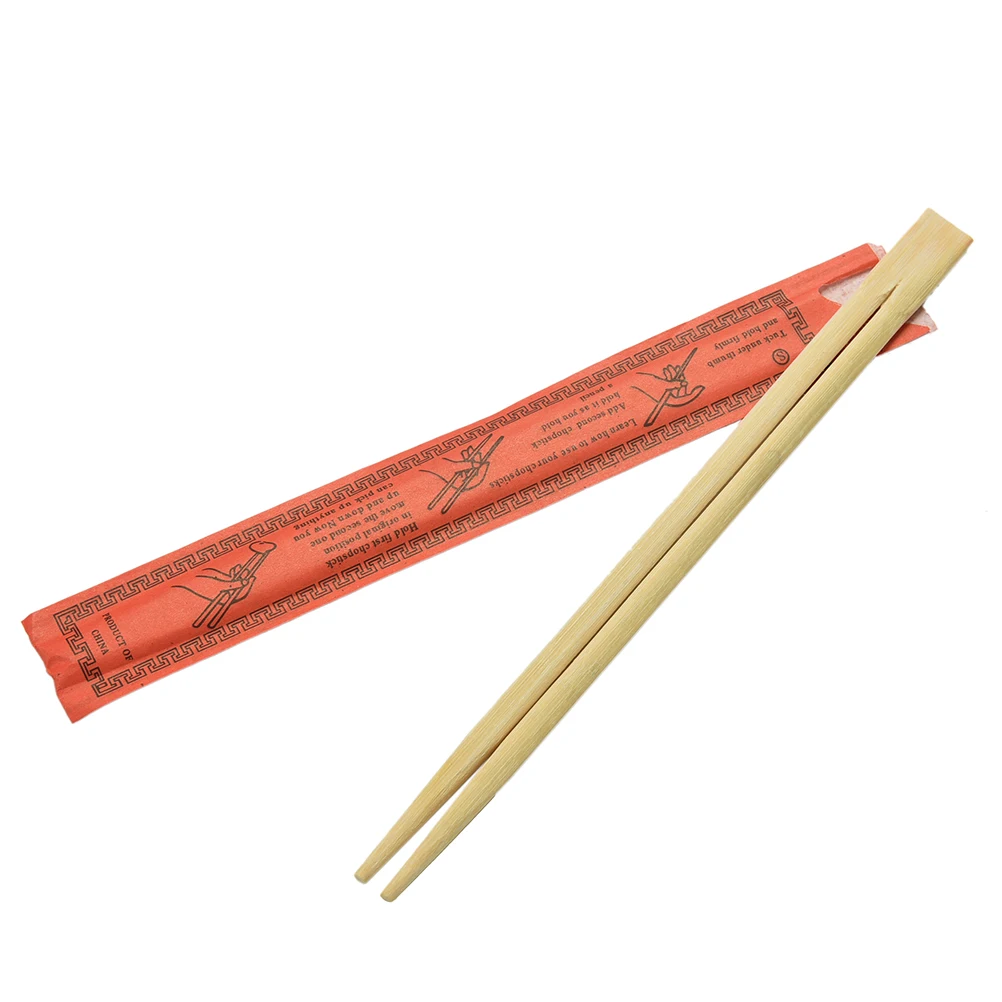I don’t have the Fastback 2 yet, but have a few of the originals plus one compact one. It’s time to replace the blade in the one I’ve been carrying daily, though, so it would be nice to have on-board blade storage…
I have several, mostly because I can’t afford non-cheap tools.
One are those cheap plastic snap-knives from Home Depot and elsewhere.

They are sharp, they weigh nothing, they lock reasonably securely, and the blades are quick to deploy. I use them as marking knives for furniture building. The line superior to a pencil line, thinner but indelible. The only issue is that the blades rust in humid environments.
Another is largish masonry nails.

They use tougher, harder steel than ordinary nails. A masonry nail about three inches long makes a great cheap nail set. They can also be ground into driver bits. To take apart a vacuum cleaner once, I needed a triangular bit (not a tri-tip). I made one quickly from a masonry nail with my dremel tool, and it worked perfectly.
Another is bamboo chopsticks.

They are strong, resilient, and splinter-free. They make great stirrers and pokers, and can be used as dowels or wooden nails. But they have to be bamboo. The even cheaper white wood ones are splintery and fragile.
Another is a largish hunk of thickish plate glass. (no image) I got mine from a broken coffee table somebody was throwing out. I ran an old belt sander belt over the edges to blunt them. It is about 12" x 5". It isn’t as flat as an engineer’s granite block, but it is pretty close. I use it as a flattening plate for my waterstones. I hear people use them with wet-or-dry sandpaper as sharpening stones. Simple water makes the paper stick. (I heard of one guy using a piece of slate from a discarded pool table that way too.)
Baling wire, or any relatively thin steel wire, is pretty much essential.
http://www.wcjwire.com/images/baling1.jpg
It can be used for fastening, bundling, clamping, repairing, etc. It is much stronger than string or cord, and doesn’t stretch. Use stainless steel wire for outdoors. Note: simply twisting the two ends together will not make a secure connection. Look on YouTube for videos on how to use it.
Lastly, old hard drives have impressively powerful magnets inside. You will need a set of small Torx bits to take them apart. The magnets are usually attached to a thickish steel plate that can be removed, with difficulty. I usually leave the plate on. Sometimes I cut off some of it with a dremel tool.
These look great! I also never thought of using it on wood.
While “float glass” is about as flat as glass gets - maybe closer to a machinist’s granite surface block - a granite 12x12 tile from HD or Lowes - some spray adhesive if you want to adhere the sandpaper more permanently than with water, and some sandpaper can set you up for sharpening pretty well too.
Cheap small “hole saws” can be made from steel roll pins that you file/grind so that it has an angled tooth Roll pins come in different sizes - and the resultant tool can be chucked in a drill and used something like these:
Excellent suggestions. +1 on the strength of bamboo chopsticks and the glass plate (i do use for waterstones, and with silicon carbide paper for flattening the soles of new planes, also handy when setting the knives of a jointer). I’m going to grab some masonry nails 